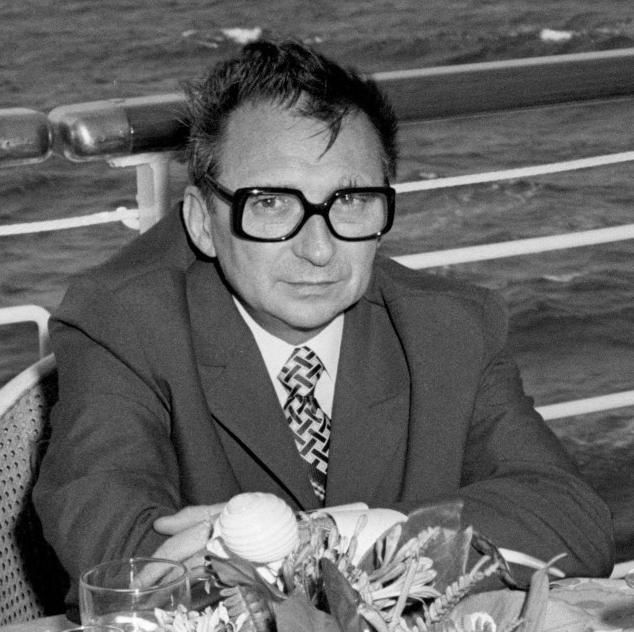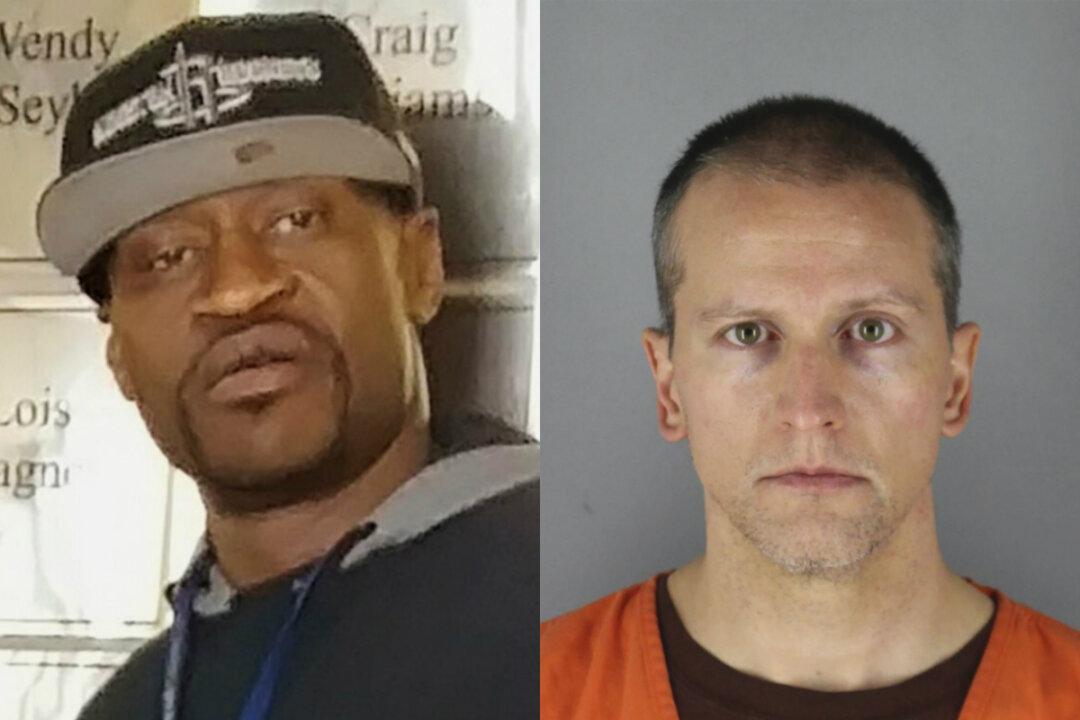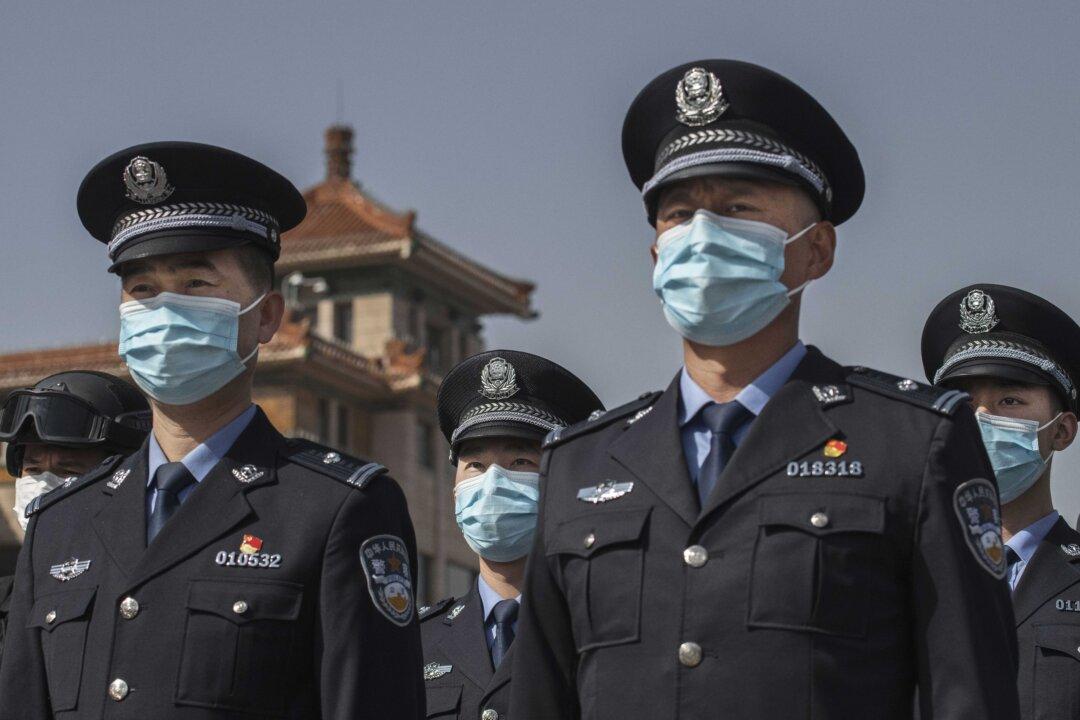Commentary
In 2017, Christopher Monckton, Third Viscount Monckton of Brenchley and a former adviser to British Prime Minister Margaret Thatcher, called Lt. Gen. Ion Mihai Pacepa the “most influential man of the 20th century and, arguably, the beginning of the 21st.”





